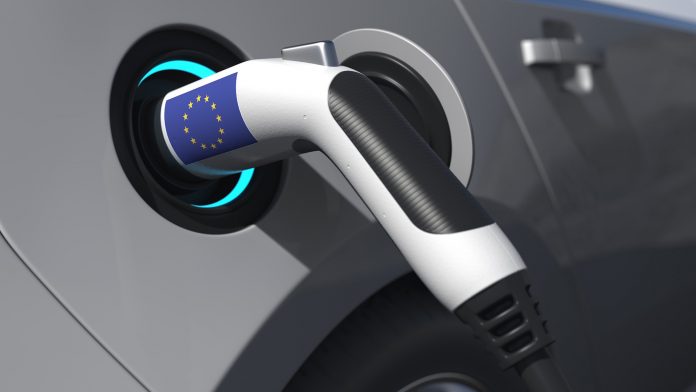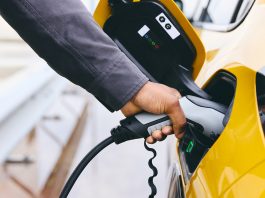The European Commission has proposed a one-off extension to the UK’s electric vehicle rules of origin until 31 December 2026.
Under the initial rules of origin for electric vehicles and batteries under the EU-UK Trade and Cooperation Agreement (TCA), the UK would face tariffs on imported electric vehicle batteries or battery materials from outside the EU.
This legislation caused significant backlash across the industry, as automakers and the UK Government said the rules would drive up EV prices for consumers.
Postponing the rules of origin until the end of 2026 will enable the UK’s industry to mature and catch up to the growing demand for EVs.
The proposal will not affect the TCA’s wider rules of origin that come into effect from 2027. The proposal also includes a clause rendering it legally impossible for the EU-UK Partnership Council to extend this period further.
What are rules of origin?
The TCA outlines rules governing trade between the European Union and the UK.
Established in 2020, rules of origin for electric vehicles were designed to accelerate investment in the EU’s battery manufacturing industry.
However, unforeseen circumstances have disrupted vital supply chains, such as the COVID-19 pandemic and the war in Ukraine, which have meant the scaling up of the European battery ecosystem has been slower than expected.
Because of this disruption, the UK and industry called for a delay to the rules of origin, as they would significantly impact the sector in its current state.
The rules of origin would impose a 10% tariff on exported EU-built electric vehicles to the UK.
It is estimated this would cost the industry €4.3bn over the next three years and could reduce EV production by 480,000 units.
Extending these rules will enable the EU-UK battery ecosystem to rebound from supply chain issues and ramp up EV production.
EV industry reaction to the delay
The proposal will now be discussed by the European Council, where it will be voted on by 27 Member States.
The automotive industry has welcomed the potential three-year postponement and is now urging the Council to approve the motion.
Sigrid de Vries, Director General of the European Automobile Manufacturers’ Association (ACEA), concluded: “This is vital to ensure the well-being of not only EU BEV manufacturing but also of the whole European battery value chain.
“Failure to approve the proposal would result in reduced competitiveness of our exports. It would also have a negative knock-on impact on demand for European batteries and battery materials, based on lost BEV market share to third-country competitors.
“Everything should be done to ensure the competitiveness of the mobility sector so that it remains a pillar of prosperity and employment in the European economy long into the future.”









